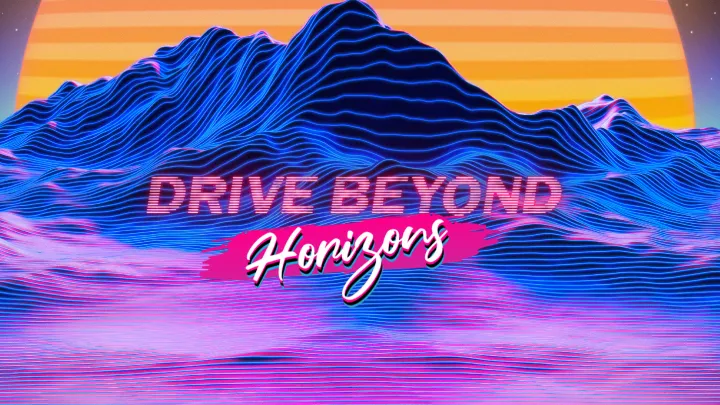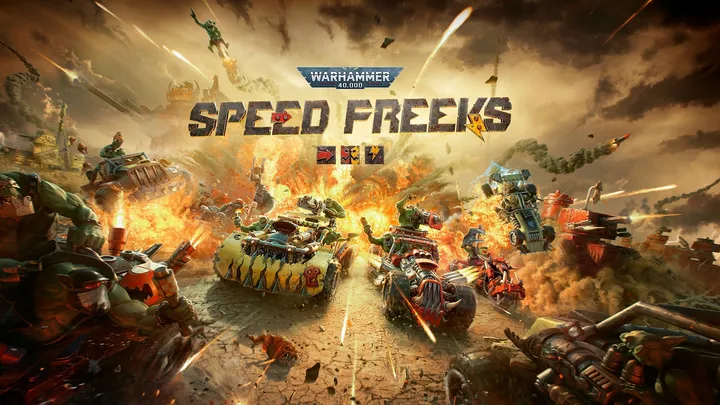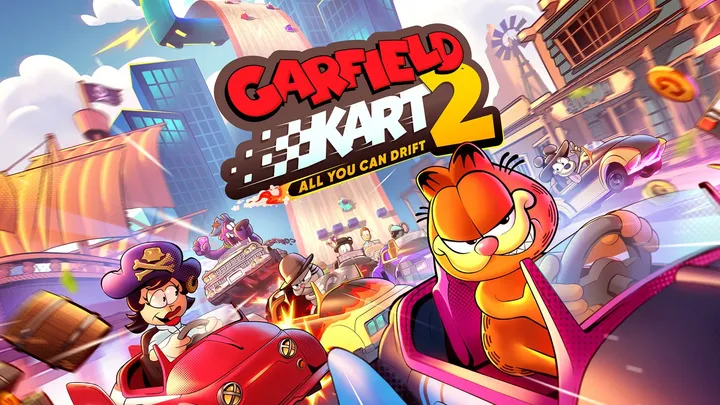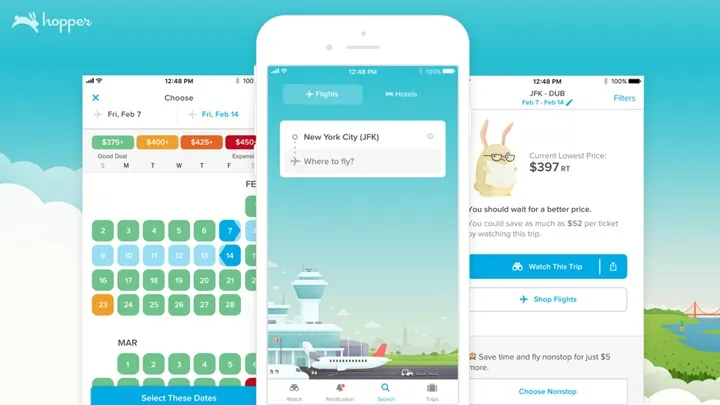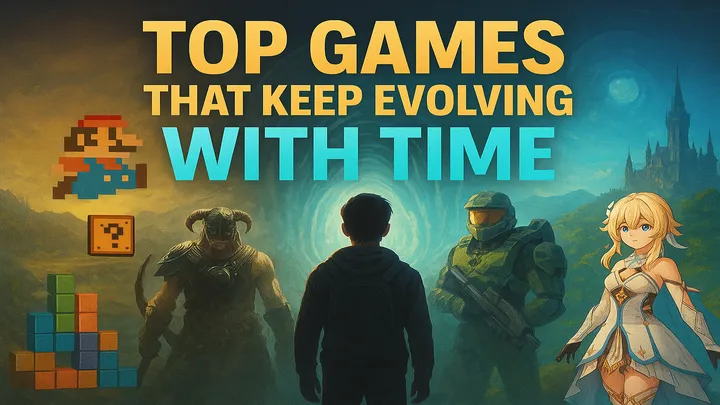Role-playing games (RPGs) have been a cornerstone of gaming for decades, offering immersive storytelling, deep character progression, and expansive worlds to explore. From classic turn-based adventures to modern open-world masterpieces, RPGs continue to influence the industry and captivate millions of players worldwide. In this article, we’ll explore the most popular RPG games that define the genre, breaking down their impact, mechanics, and legacy.
1. The Origins of RPGs in Video Games
The RPG genre began with tabletop games like Dungeons & Dragons, which inspired early video game adaptations. Developers sought to replicate the fantasy worlds, character stats, and strategic decision-making that made pen-and-paper RPGs so engaging.
Early digital RPGs like Wizardry and Ultima laid the foundation for modern titles. They introduced core elements such as quest-driven progression, experience points, and character customization. These mechanics remain central to the genre today.
2. Final Fantasy – The Global Phenomenon
Few franchises have shaped RPGs as much as Final Fantasy. Launched in 1987, the series combined rich storytelling, memorable characters, and groundbreaking visuals. Its ability to reinvent itself with each installment ensured its relevance for decades.
Key Highlights
- Final Fantasy VII revolutionized 3D storytelling and brought RPGs to mainstream global audiences.
- Final Fantasy XIV proved that MMORPGs could thrive with strong narratives and community-driven content.
This franchise embodies the adaptability of RPGs, moving from turn-based mechanics to real-time combat without losing its core identity.
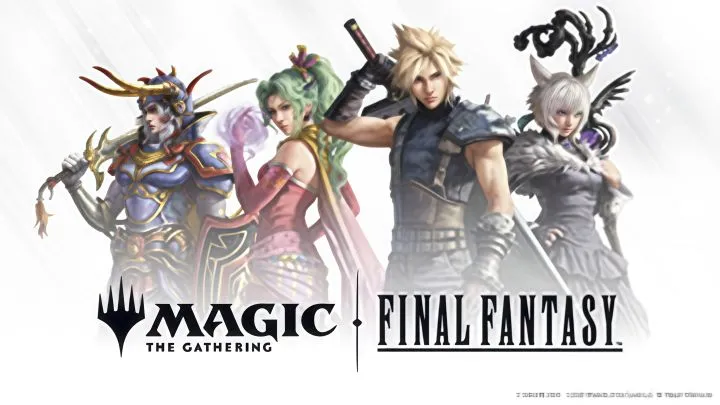
3. The Elder Scrolls – Freedom in an Open World
When players think of open-world RPGs, The Elder Scrolls inevitably comes to mind. Starting with Arena in 1994, the series emphasized exploration, player choice, and living worlds.
The breakthrough came with The Elder Scrolls III: Morrowind and The Elder Scrolls V: Skyrim, where players were free to shape their journeys. Skyrim, in particular, became a cultural icon with its vast modding community and enduring popularity across multiple platforms.
Why It Defines the Genre
- Total freedom of playstyle
- Expansive lore and immersive world-building
- Long-term community engagement through mods
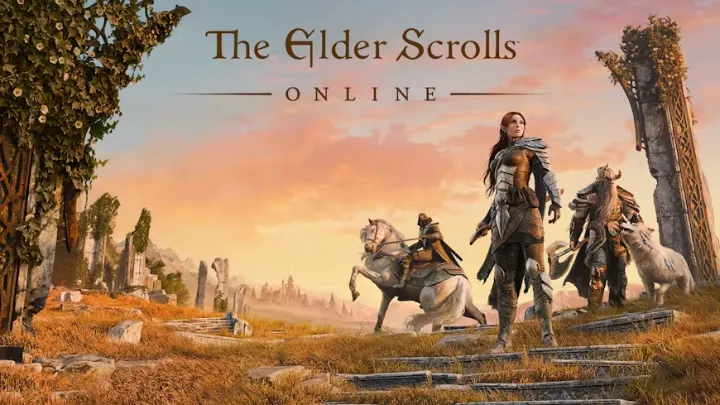
4. The Witcher Series – Mature Storytelling in RPGs
Based on Andrzej Sapkowski’s novels, The Witcher games blended dark fantasy with morally complex choices. CD Projekt Red elevated RPG storytelling by focusing on consequences and player-driven narratives.
The Witcher 3: Wild Hunt stands as one of the most acclaimed RPGs of all time, praised for its expansive world, deep side quests, and emotionally resonant storylines. It redefined how RPGs could balance quality writing with massive open-world exploration.

5. Mass Effect – Blending RPG and Sci-Fi
Bioware’s Mass Effect trilogy brought RPG mechanics into a sci-fi setting, creating a universe full of political intrigue, alien civilizations, and branching storylines. The series became famous for its dialogue wheel and character relationships.
Legacy of Mass Effect
- Deep narrative choices with lasting consequences
- A blend of RPG elements with third-person shooter combat
- Strong fan attachment to characters like Shepard, Garrus, and Liara
This series demonstrated that RPGs could thrive outside traditional fantasy settings.
6. Pokémon – Accessible RPG for All Ages
Though often considered a kids’ game, Pokémon is one of the most popular RPG franchises globally. Since its debut in 1996, it introduced millions to RPG mechanics like turn-based combat, leveling, and team-building.
The series’ appeal lies in its simplicity, collect-a-thon gameplay, and competitive battling. With every new generation, Pokémon evolves while staying true to its core formula, making it a gateway RPG for countless players.
7. Dark Souls – Redefining Challenge in RPGs
FromSoftware’s Dark Souls redefined what players expect from RPG difficulty. Its unforgiving combat, atmospheric storytelling, and interconnected world design created a subgenre often referred to as “Soulslike.”
Core Features
- Precision-based combat demanding skill and patience
- Environmental storytelling through cryptic lore
- A sense of accomplishment tied to overcoming challenges
Dark Souls not only influenced RPGs but also action games across the industry, proving that challenge could enhance immersion.
8. Dragon Age – Classic Fantasy with Modern Depth
Another Bioware masterpiece, Dragon Age returned to the fantasy roots of the RPG genre while modernizing gameplay and character interaction. Dragon Age: Origins was praised for its tactical combat and branching storylines.
The series emphasized party dynamics, player morality, and epic world-building. Though later entries experimented with different mechanics, the franchise remains a symbol of RPG depth and narrative strength.
9. Persona – Blending RPGs with Social Simulation
Atlus’s Persona series stands out for its unique fusion of dungeon-crawling RPG mechanics and life simulation elements. Players not only battle supernatural enemies but also manage friendships, school life, and daily routines.
Persona 5, in particular, became a global sensation for its stylish art, unforgettable soundtrack, and innovative gameplay loop. It proved that RPGs could thrive by blending genres and appealing to both hardcore and casual fans.
10. MMORPGs – The Social Side of RPGs
Massively multiplayer online RPGs (MMORPGs) brought social interaction into the genre. Titles like World of Warcraft, Guild Wars 2, and Final Fantasy XIV created living virtual worlds where millions of players could quest together.
These games emphasize teamwork, community, and long-term progression. With expansions, seasonal content, and player-driven economies, MMORPGs have kept RPGs relevant in the online era.
Conclusion
RPGs have come a long way from their tabletop origins, shaping gaming history and inspiring countless titles across genres. From the narrative-driven Final Fantasy and The Witcher to the challenging Dark Souls and community-driven MMORPGs, each game on this list has left an indelible mark on the industry.
The RPG genre remains one of the most dynamic and evolving in gaming, offering experiences that range from deeply personal adventures to vast social worlds. As technology advances, RPGs will continue to define what it means to immerse oneself in a game.


